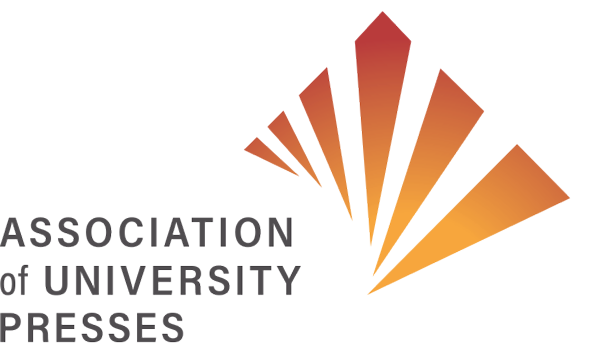- Categories: Policy and Advocacy
- Tags: Core Values, Intellectual Freedom
- Updated: March 21, 2018
A Statement of Guiding Principles
The Association of University Presses
As scholarly publishers we believe in the free exchange of ideas. As university presses, we are especially vigilant defenders of academic freedom because it is fundamental to the work we do. In this, we stand with our universities, our authors, the greater scholarly community, and with each other against all restrictions imposed on the dissemination of our work.
As the commerce of ideas has become increasingly digital, global, and instantaneous, we understand that scholarship may become the target of challenges by states unfriendly toward (or unfamiliar with) the values of academic freedom and editorial integrity. Any request to restrict access to, redact sections from, or otherwise censor the content we publish must be met with the deepest concern. The Association of University Presses therefore offers this statement to reaffirm its fundamental commitment to these cherished values. These values include support for high-quality scholarship and for academic freedom of expression; the protection of intellectual property; respect for authors and learned society partners; equal and fair treatment of customers; sensitivity to local laws and custom; and, the welfare and safety of our staffs.
When a university press’s publishing generates controversy, it first and foremost should explore solutions among involved parties that work toward a common remedy while adhering to these core principles. It may enlist the support of its home institution and the community of other university presses in doing so.
Because of the increasingly digital nature of scholarly communications, requests to restrict access to specific elements of a larger digital collection within a given market seem likely to become a more common form of attempts at government censorship. AUPresses encourages university presses generally to withhold their consent to any such request, whether made directly or via a third-party aggregator, even if doing so results in the unavailability of the entire digital collection within that market. Scholarly integrity mandates that scholars and students accessing digital content encounter the same body of content, regardless of their geographic location. Additionally, even when digital access to content is available at increasingly granular levels (e.g., a journal article, a book chapter), any bowdlerization of a curated collection of scholarship (e.g., a journal issue, an edited volume) does damage to the editorial work invested in the construction of that collection. Acquiescence to government requests to restrict access inevitably would produce a disfigurement of the scholarly record.
We understand that these can be complex situations in need of nuanced solutions. We further understand that the economic pressure brought to bear on a university press from a state seeking restrictions can be substantial. We affirm, however, the fundamental importance of the integrity of the scholarship entrusted to us and the essential role of university presses in supporting the values which safeguard that integrity.
Board of Directors of the Association of University Presses
March 21, 2018
